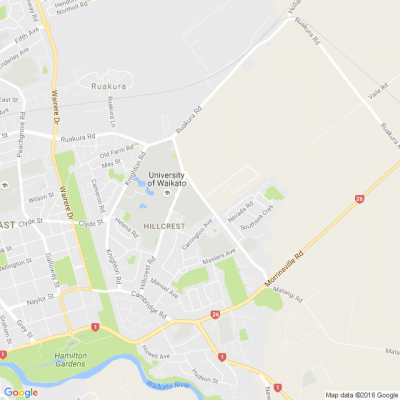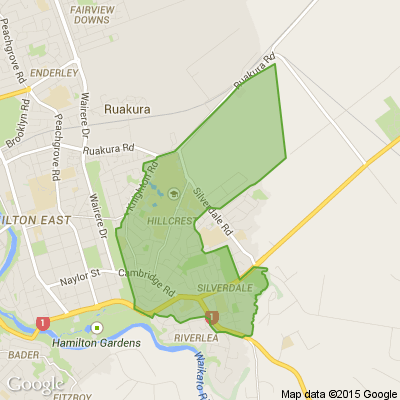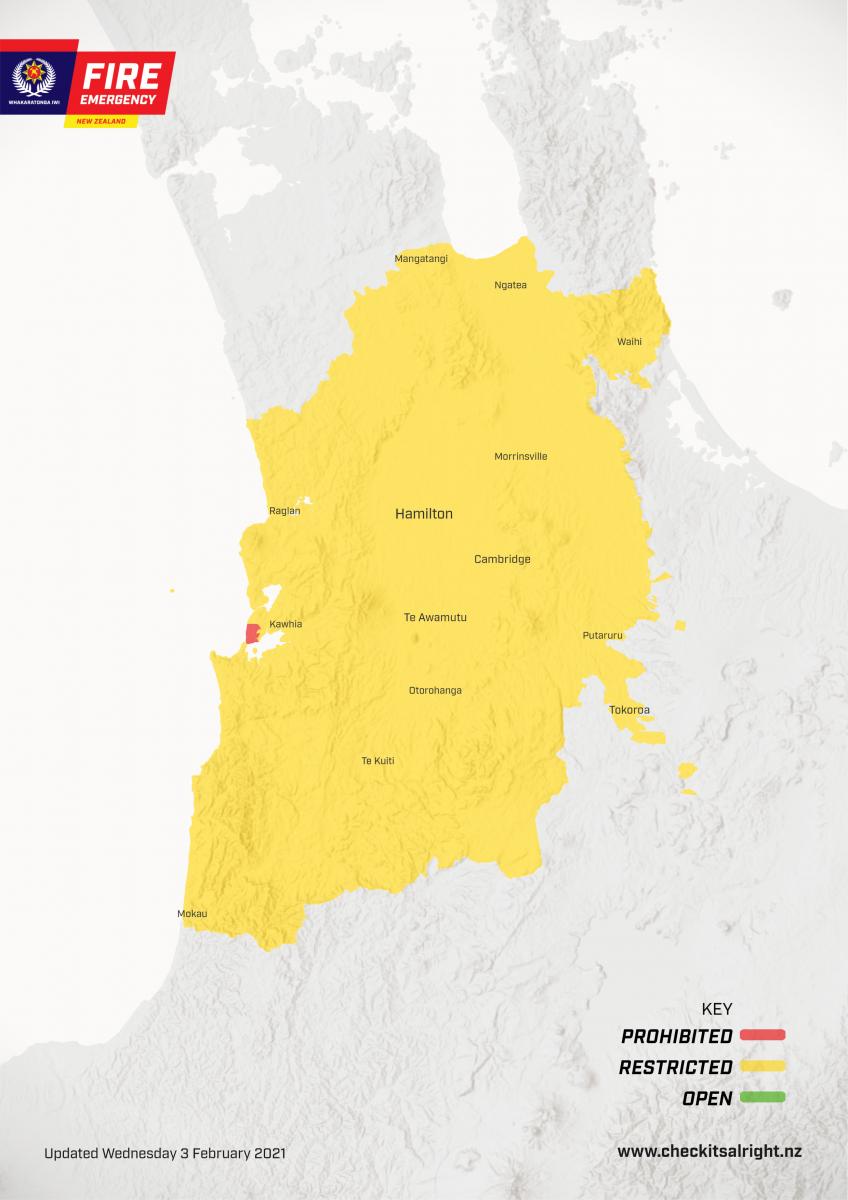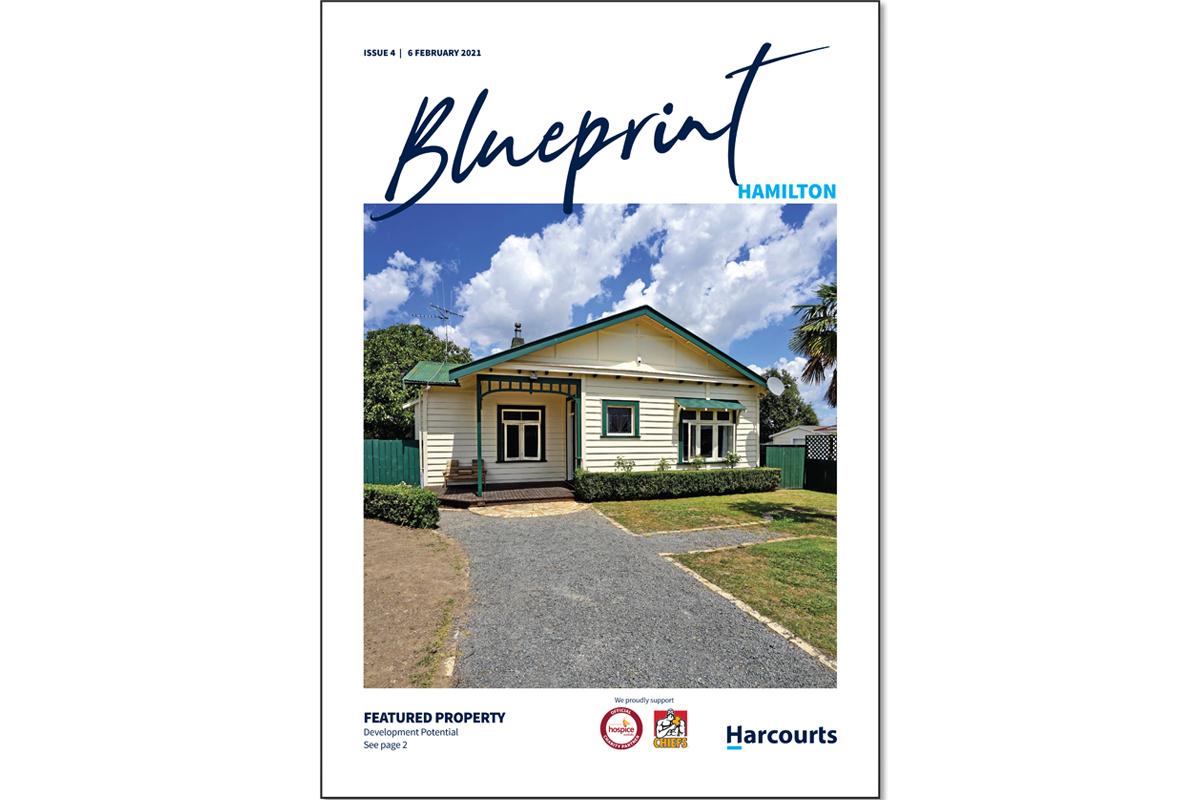
Know what’s happening
Access the private noticeboard for verified neighbours near you. Keep informed about any suspicious activity, send urgent updates to your neighbours when required and discuss emergency planning.
Get to know your neighbours
Browse the directory and start getting to know your neighbours. Don’t want to post to the whole neighbourhood? Send a private message.
Buy, sell and give away
Want to declutter your garage? Buy some used household items? Give away some garden stuff? Become a verified neighbour to browse and post items for sale. Trading is simple when everyone lives nearby.


Have you made your house all Christmassy yet?
Why not share a snap to be in to win spot prizes! (and the title of NZ's Merriest Home)

Thank you for using Neighbourly
You may receive an email confirmation for any offer you selected. The associated companies will contact you directly to activate your requests.
A restricted fire season is in place for Waikato with people requiring a fire permit if they wish to light an outdoor fire.
The prohibited fire season came into effect at 8am Wednesday and covers multiple areas in the region.
What you need to know:
- The ban covers the following areas: … View moreA restricted fire season is in place for Waikato with people requiring a fire permit if they wish to light an outdoor fire.
The prohibited fire season came into effect at 8am Wednesday and covers multiple areas in the region.
What you need to know:
- The ban covers the following areas: Waikato, Waipa, Otorohanga, Matamata-Piako, Hauraki, Waitomo, and South Waikato District Council boundaries.
-You must apply for a permit if you are to light an outdoor fire. Go to checkitsalright.nz and follow the instructions.
- Gas and charcoal barbecues are permitted.
- Individuals that operate heavy machinery are advised to exercise caution when out in dry terrain. Fire crews advise to undertake work in cooler temperatures and in minimal wind.
To find out more about outdoor fire safety, please go to Fire and Emergency New Zealand's (FENZ) website by clicking the button below.

The Royal New Zealand Ballet is delighted to bring Tutus on Tour to the Clarence Street Theatre, Hamilton in 2021.
See the dancers perform their favourite works, tailor-made for intimate venues, and suitable for all ages. Tutus on Tour is a fantastic opportunity to see your critically-acclaimed… View moreThe Royal New Zealand Ballet is delighted to bring Tutus on Tour to the Clarence Street Theatre, Hamilton in 2021.
See the dancers perform their favourite works, tailor-made for intimate venues, and suitable for all ages. Tutus on Tour is a fantastic opportunity to see your critically-acclaimed national ballet company. With just two shows on March 6th and 7th and tickets priced at just $27-$37 for adults ($12-$22 children) this is guaranteed to sell fast.
Book now!

View Hamilton Harcourts' latest interactive Blueprint.
If you'd like to receive Blueprint in your inbox each week, subscribe here.
Read more

Todd Nachowitz from EarthDiverse
Enjoy discussion groups and tackling life’s thorny questions? Try our Term 1 "Big Questions" course! This series of eight group discussions in our new Philosophy series examines life’s big questions. Topics include: What is the meaning of life? How to lead a good life? What is the … View moreEnjoy discussion groups and tackling life’s thorny questions? Try our Term 1 "Big Questions" course! This series of eight group discussions in our new Philosophy series examines life’s big questions. Topics include: What is the meaning of life? How to lead a good life? What is the best moral and political system? What is Language? Is our universe real? Does God exist? Is there truth, and if so, what is it?
Each session is introduced with a brief introduction from two guest presenters on the evening’s topic (with different backgrounds and perspectives), followed by an evening of moderated group discussion in which you participate.
This course meets on Thursday evenings (7:00-9:00pm) beginning on 18 Feb 2021.
For more information on this and our other courses, visit our website at: <earthdiverse.org.nz....

Robert Anderson from Curtain Clean Hamilton
These five tips will help to keep your house greens looking lush!
1. Potting and repotting
When potting a plant, choose a pot that has good drainage and always use a good quality potting mix (I use Tully’s Perfect Potting). If you do have a pot without drainage, you can pot it in a smaller … View moreThese five tips will help to keep your house greens looking lush!
1. Potting and repotting
When potting a plant, choose a pot that has good drainage and always use a good quality potting mix (I use Tully’s Perfect Potting). If you do have a pot without drainage, you can pot it in a smaller plastic pot and pop it inside.
When repotting, pick a pot that’s one size bigger than the one you have, place some firmly packed potting mix in the bottom and a small sprinkle of plant fertiliser (I use Ecostore Organic Biophos). Give the plant a good water and gently tip the pot on its side and ease out the plant, place it in the new pot and gently fill with potting mix, press down soil and keep filling until you are about 2-4cm from the top of the pot.
2. Light
Most plants like bright indirect sunlight. Plants get their nourishment and energy from the sun so don’t be shy about placing them in bright sunlight. As the seasons change, watch the light levels and move plants closer or further away from windows. Some plants can survive in very dim light but give them a bright light holiday one day a week. Pale foliage is a sign that your plant might not be getting enough light and brown patches on leaves can mean the plant is getting singed.
3. Water
One of the most common reasons indoor plants die is overwatering. The majority of plants need to be watered once a week. Once a month place them in a sink or bucket and drench the soil and roots, then let the water drain out well before placing them back in their spots. There are a few plants that like more water, such as peace lilies, and some that like less, including ZZ plants and snake plants.
4. Humidity
Lots of indoor plants, and the majority of what we sell, originate from sub-tropical rainforest-type climates. They love a light misting daily or you can sit them in the bathroom while you take a shower.
5. Choosing plants
Pick the right plant for you and your lifestyle. If you are new to house plants, start with an easy-care plant such as a succulent or cactus, then you can graduate to other types. If you go away a lot choose a plant that can survive without attention. If you live in the city you might want to think about plants that have super air cleansing powers.
The whole process of choosing plants and their weekly routine can be quite meditative. Enjoy the watering rituals you create — it’s a good chance to practise your mindfulness. Just remember once you start it’s hard to stop!

NumberWorks'nWords Hamilton Central
The new school year is upon us! Though we can’t predict what 2021 will bring, we can set our children up for success, and help them start the school year strong.

Lorna Thornber Reporter from Stuff Travel
Hi there,
Canterbury has been named the fifth most welcoming region in the world in the Booking.com Traveller Review Awards, while Oamaru, Hokitika and Invercargill have been named the most welcoming towns in NZ. They were followed by Cambridge, Picton, Lake Tekapo, Kerikeri, Palmerston North, … View moreHi there,
Canterbury has been named the fifth most welcoming region in the world in the Booking.com Traveller Review Awards, while Oamaru, Hokitika and Invercargill have been named the most welcoming towns in NZ. They were followed by Cambridge, Picton, Lake Tekapo, Kerikeri, Palmerston North, Paihia and Twizel.
We'd be really keen to hear your thoughts on this based on your own travels around New Zealand. Do you think Canterbury is NZ's most welcoming region? And are these our most welcoming towns?
Where in NZ have you been made to feel particularly welcome on your travels?
As usual, please put 'NFP' in your comment if you don't want it to be included in an article. Cheers.
90 replies (Members only)
The Team from Neighbourhood Support New Zealand
Love is in the air this month! We’re not just talking about Valentine’s Day, we’re talking about this month’s national campaign.
Our theme for February is all about finding ways to show your home and community a little extra love and care. Whether it’s organising a street clean up, … View moreLove is in the air this month! We’re not just talking about Valentine’s Day, we’re talking about this month’s national campaign.
Our theme for February is all about finding ways to show your home and community a little extra love and care. Whether it’s organising a street clean up, helping a neighbour tidy up their property, collaborating on a mural, putting together a working bee, or installing a communal pātaka or library - there are countless ways to make our neighbourhoods more beautiful and enjoyable for everyone.
Share your tips, projects, photos and experiences with us by tagging us in your social media posts or emailing us at:
info@neighbourhoodsupport.co.nz

Fraser High School is the hub of adult learning in Hamilton and the Waikato district. We offer over 70 evening and weekend classes. Our courses are very reasonably priced as we are supported by the Ministry of Education to offer interesting and useful short programs.
Pick from our courses on … View moreFraser High School is the hub of adult learning in Hamilton and the Waikato district. We offer over 70 evening and weekend classes. Our courses are very reasonably priced as we are supported by the Ministry of Education to offer interesting and useful short programs.
Pick from our courses on business management, computing, food and cooking, gardening, language, music and dance, photography, and art.
Enrol now for Term 1, starts 15th February. You can LOOK, BOOK and PAY online at www.fraserace.ac.nz or just call us on 07 846 8624. It's easy!
Just a few clicks and you will be on a new learning adventure.
Enrol now

The Team from Addictive Eaters Anonymous - Hamilton
Addictive Eaters Anonymous On Air
Addictive Eaters Anonymous on Air is a 25 minute show which features a member of Addictive Eaters Anonymous sharing about their addictive eating and recovery from the compulsion and obsession with food. This will include what their life was like when they were … View moreAddictive Eaters Anonymous On Air
Addictive Eaters Anonymous on Air is a 25 minute show which features a member of Addictive Eaters Anonymous sharing about their addictive eating and recovery from the compulsion and obsession with food. This will include what their life was like when they were caught in addiction, how finding sobriety in Addictive Eaters Anonymous changed their lives, and what their lives are like now.
Our show airs at 12 noon on the 4th Monday of each month.

Cordwainer from Melville
St Andrews Church, Cambridge: framed limited-edition print
This is a large glass-covered wooden framed limited-edition print of St Andrews Church, Cambridge by Tony Lewis.
The church, built in 1881, is arguably the town's most historic building. The print itself is undated.
Frame … View moreSt Andrews Church, Cambridge: framed limited-edition print
This is a large glass-covered wooden framed limited-edition print of St Andrews Church, Cambridge by Tony Lewis.
The church, built in 1881, is arguably the town's most historic building. The print itself is undated.
Frame dimensions: 78cm x 62cm.
Pick-up is from a Melville address.
Price: $60
Todd Nachowitz from EarthDiverse
EarthDiverse is pleased to announce it's Term 1 Language programmes in Arabic, Hebrew, Hindi, Japanese, Portuguese, Swahili and Urdu. Introductory and Intermediate levels available. Check out our website for more information on these language programmes, and have a look at the other courses we… View moreEarthDiverse is pleased to announce it's Term 1 Language programmes in Arabic, Hebrew, Hindi, Japanese, Portuguese, Swahili and Urdu. Introductory and Intermediate levels available. Check out our website for more information on these language programmes, and have a look at the other courses we offer in Art & Architecture, History, Philosophy and Religious Diversity. Term 1 courses begin the week starting Monday 15 February 2021.

Robert Anderson from Curtain Clean Hamilton
We are passionate about fabrics and finding the right solutions for our customers. With over 110 years of experience in the textile industry we have compiled some of this knowledge and look forward to sharing it with you over the next year through our blog series – An Educational Yarn. Our … View moreWe are passionate about fabrics and finding the right solutions for our customers. With over 110 years of experience in the textile industry we have compiled some of this knowledge and look forward to sharing it with you over the next year through our blog series – An Educational Yarn. Our first topic explores the different characteristics of textile fibres.
Textile fibres are natural or synthetic structures that can be spun into yarn. Yarns are then woven, knitted or bonded into fabric. The inherent characteristics of fibre properties directly relate to the performance and required care and maintenance of the finished fabric, therefore understanding fibres and yarns will in turn help you to understand the how to apply specific fabrics within your interior schemes.
Natural Fibres: Occurring in nature; which are of animal, vegetable/plant or mineral origin.
COTTON (Plant Origin)
• A strong fibre, even stronger when wet, cotton has good natural durability.
• Can be affected by mildew however a mildew resistant finish can be applied to reduce this issue.
• Generally has reasonable sunlight resistance but should be protected with a quality lining when used as a drapery and protected from direct sunlight when used as an upholstery.
• It is an absorbent fibre which means it can move with changing humidity levels.
• May shrink with laundering but this can be reduced through a finishing process on the fabric known as sanforising.
Sunlight resistance can be greatly reduced in acidic polluted conditions.
SILK (Animal origin; an animal fibre that comes from the silkworm. The silkworm creates its cocoon from very long silk fibres which are harvested from mulberry trees.)
• It is naturally fine in texture, and colours beautifully.
• Its biggest disadvantage in furnishing is its sensitivity to UV light degradation (direct and reflected). Due to its sensitivity, it should not be used in direct sunlight or even bright light.
• An absorbent fibre, it has the potential to move in humid environments.
• Silk is a relatively strong fibre and can withstand a certain amount of abrasion, particularly when used in conjunction with
• a backing fabric.
• Unrivalled in splendour and smoothness, silk is regarded the most exclusive of all natural fibres.
LINEN
Plant origin; derived from cellulose fibres that grow inside the stalks of the flax plant.
• As with cotton it is affected by acidic pollution.
• Can be affected by mildew which will likely cause the fibre to deteriorate over time.
• Considered to be the strongest of the natural fibres; if constructed for upholstery it is very durable, particularly when blended with up to 10% nylon.
• Is regarded as a luxury fibre because of its lustre and texture.
• It is an absorbent fibre which means it can move with changing humidity levels
• Linen has moderate sunlight resistance and should be protected by a quality lining when used as a drapery and protected from direct sunlight when used as an upholstery.
Keep reading: www.curtainclean.co.nz...

Washing chicken doesn’t remove bacteria, it just spreads it around. The best way to protect your whānau from getting sick is to wash your hands and kitchen tools after touching raw chicken, and make sure you cook chicken all the way through. Juices
should run clear and there shouldn’t be any … View moreWashing chicken doesn’t remove bacteria, it just spreads it around. The best way to protect your whānau from getting sick is to wash your hands and kitchen tools after touching raw chicken, and make sure you cook chicken all the way through. Juices
should run clear and there shouldn’t be any pink meat in the centre.
Remember to Clean Cook Chill and check our easy food safety tips here.
The team at New Zealand Food Safety.
Find out more

 Loading…
Loading…
Are you sure? Deleting this message permanently removes it from the Neighbourly website.
 Loading…
Loading…

 By Negotiation
By Negotiation



 Marketed by Anton Pires
Marketed by Anton Pires

 Tender
Tender



 Marketed by David McGuire
Marketed by David McGuire

 Auction
Auction



 Marketed by David McGuire
Marketed by David McGuire

 Auction
Auction



 Marketed by Alissar Boudreau
Marketed by Alissar Boudreau
© Neighbourly 2024
